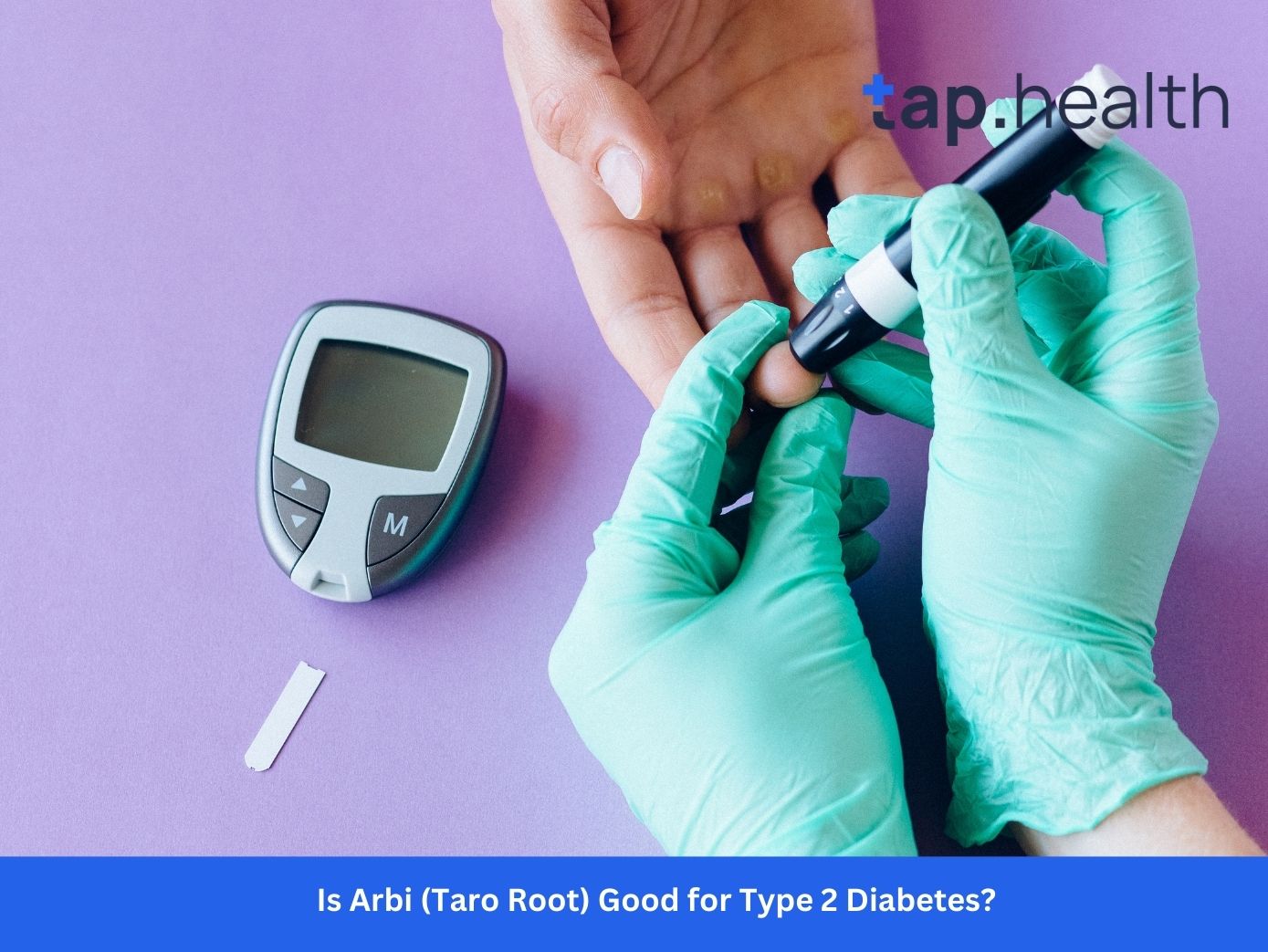What Is Hepatitis C?
Hepatitis C (HCV) is a viral infection that primarily affects the liver. It’s caused by the hepatitis C virus, which spreads through blood-to-blood contact. If left untreated, HCV can lead to serious health issues such as liver damage, cirrhosis, or even liver cancer.
But did you know there’s a potential link between hepatitis C and diabetes? Emerging research suggests that people with HCV might be at higher risk of developing type 2 diabetes. Let’s explore why.
How Are Hepatitis C and Diabetes Linked?
Hepatitis C can disrupt the body’s insulin regulation and glucose metabolism. This disruption can lead to insulin resistance, a condition where the body’s cells don’t respond well to insulin, eventually increasing the risk of diabetes.
Here’s how:
- Inflammation: Hepatitis C triggers inflammation, which may interfere with how the body processes glucose.
- Liver Damage: The liver plays a significant role in glucose storage and regulation. Damage caused by HCV can impair these functions.
- Immune Response: The body’s immune system may attack insulin-producing cells, affecting insulin levels.
Symptoms of Diabetes in Hepatitis C Patients
If you have hepatitis C, watch out for these common signs of diabetes:
- Increased thirst and frequent urination.
- Unexplained weight loss or fatigue.
- Blurred vision or slow-healing wounds.
- Tingling or numbness in the hands and feet.
Early detection and management can prevent complications.
Real-Life Scenarios
Case 1: Sunita’s Journey
Sunita, a 50-year-old teacher from Delhi, was diagnosed with hepatitis C during a routine check-up. A year later, she began noticing excessive thirst and frequent urination. Her doctor confirmed that she had developed type 2 diabetes. With regular blood sugar monitoring and a balanced diet, Sunita has managed both conditions effectively.
Case 2: Ramesh’s Experience
Ramesh, a 45-year-old businessman in Mumbai, ignored his HCV diagnosis until he started feeling weak and fatigued. Tests revealed that he had developed diabetes due to unmanaged hepatitis C. With treatment for both conditions, Ramesh is now on the path to better health.
Expert Contributions
Dr. Priya Sharma, a hepatologist in Bangalore, states:
“The link between hepatitis C and diabetes is significant. Individuals with HCV should monitor their blood sugar levels regularly and maintain a healthy lifestyle to reduce risks.”
Reference: Healthline – Hepatitis C and Diabetes
Recommendations Grounded in Proven Research and Facts
- Regular Screening:
- Get screened for diabetes if you have hepatitis C, especially if you’re over 40.
- Healthy Diet:
- Consume a balanced diet rich in vegetables, whole grains, and lean proteins.
- Limit sugary and processed foods to maintain stable blood sugar levels.
- Exercise:
- Engage in at least 30 minutes of moderate exercise daily to improve insulin sensitivity.
- Medical Treatment:
- Follow your doctor’s advice for managing both hepatitis C and diabetes. Antiviral therapies can help reduce liver inflammation and insulin resistance.
Factual and Reliable Information
- According to the American Diabetes Association, people with chronic HCV have a 1.7 times higher risk of developing diabetes.
- Proper management of HCV can lower the chances of diabetes significantly.
Source: National Institutes of Health
FAQs on Can Hepatitis C Cause Diabetes?
Q: Can treating hepatitis C reduce the risk of diabetes?
A: Yes, antiviral treatments for hepatitis C can lower inflammation and improve insulin resistance, reducing the risk of diabetes.
Q: Are all hepatitis C patients at risk of diabetes?
A: Not all, but individuals with certain risk factors—such as obesity, a family history of diabetes, or older age—are more susceptible.
Q: Can lifestyle changes alone manage both conditions?
A: While lifestyle changes play a vital role, medical treatment is often necessary for effective management of hepatitis C and diabetes.



